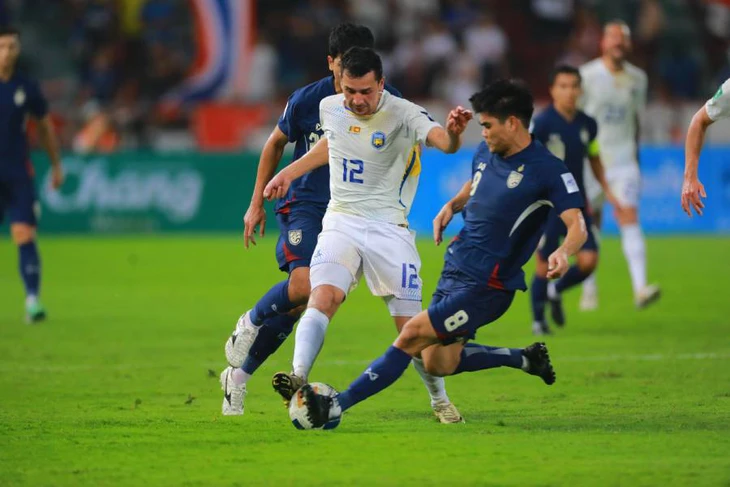
Sri Lanka (white shirt) launched a team of all naturalized players in the 2027 Asian Cup qualifiers - Photo: SR
Naturalization is getting more and more chaotic
Former FIFA president Sepp Blatter's career may have been marred by scandal, but his vision has always been respected by the football world. And the same goes for his naturalization story.
Not long after Mr. Blatter made the above statement, FIFA tightened the regulations on naturalization - which was extremely easy in the early 2000s.
And for more than a decade now, the story of naturalization in the football world has been summarized in 2 paths: 1- Having the furthest bloodline is the paternal/maternal grandparents; 2- Living in that country for 5 years.
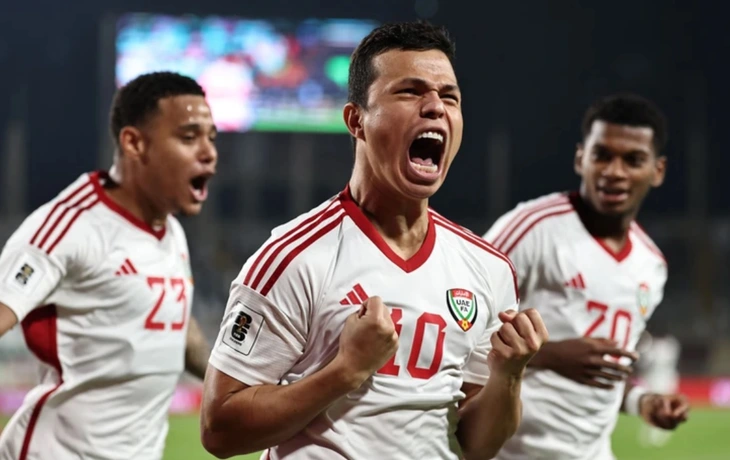
Naturalization is a headache for world football.
But the controversy is never over. For a while, China, Qatar and the UAE were criticized for trying to "Brazilize" their teams, by naturalizing foreign players who had played in their league for five years.
There was a time when China used 4-5 Brazilian players on the national team, and the UAE currently has nearly 10 Brazilians in the squad.
This approach has often been ridiculed and has so far shown no significant results. China has been playing worse and worse, and the UAE has shown no signs of recovery.
But in the past 2 years, the method of naturalization through bloodline from grandparents (or parents) has re-emerged, and is shaking up the football industry.
Indonesia is a typical story, when they naturalized about 15 players of Dutch origin - a country with historical ties to the archipelago.
But Indonesia actually just repeats the Philippines' approach, with no professional football or youth training, but mainly looking for overseas players. In the current 2027 Asian Cup qualifiers, the Philippines has called up 20 out of 23 naturalized players.
But the team that created the strongest effect was Sri Lanka, the team that surprised the Asian football world when they played on par with Thailand and Turkmenistan even though they were only ranked 197th in the world.
The reason? Sri Lanka has a massive naturalization program, no less than Indonesia, with a very diverse source of players, coming from England, Germany, Australia...
And so, from a football background that has no professionalism, Sri Lanka naturally competes fairly with Thailand - a country that is passionate about football, has built a very systematic youth training system, and a championship...
Is that fair? No, definitely not.
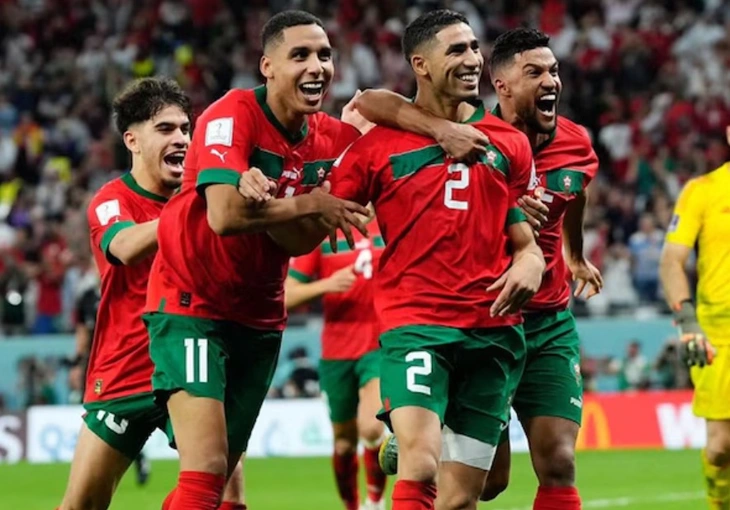
Morocco's story is different from Indonesia or Sri Lanka - Photo: MCR
At the 2022 World Cup, Morocco attracted attention with a team with a "borderless" spirit, with many players of French, Dutch, Belgian, Spanish origin...
From Morocco, football fans have tried to look more openly at the way Indonesia, the Philippines, and Malaysia have done things in the following years.
But everything has its limits. Morocco is already a "famous" football country, and their overseas stars like Hakimi, Taibi, Saibari clearly show the image of a Moroccan. From religion, living habits, to language...
Most of these Moroccan players have one or both parents, or even both, who are Moroccan. They are simply expatriates living abroad.
But in the case of Indonesia and Malaysia, football fans began to "feel something was wrong".
In the case of Sri Lanka, the sense of incongruity is even stronger. A footballing nation that has no professionalism whatsoever, suddenly became strong after only about 1 year of mass naturalization.
And then the Malaysian scandal broke out, as a natural consequence when shortcuts to success became increasingly tempting.
Lessons from other federations
The current trend of mass naturalization inevitably reminds the football world of former president Blatter's statement that it is time for FIFA to take action to stop it.
As the waves of immigration in the world become more and more massive, it is no longer difficult for a Football Federation to find overseas players of higher caliber from stronger football backgrounds.
After Indonesia and the Philippines, Malaysia and Sri Lanka have done it with ease. And there is no guarantee that more football nations will not seek shortcuts by naturalizing.
So what should FIFA do? The answer lies in other sports . Basketball, for example.
The International Basketball Association (FIBA) has different rules than FIFA regarding naturalization.

Jaylin Williams - Vietnamese-American basketball star - Photo: NBA
Generally, naturalization in basketball may be easier, but FIBA clearly stipulates that each national team can only use 1 naturalized player after the age of 16.
If FIFA uses this rule, Indonesia will only be able to use 1 and only 1 of the names Kevin Diks, Jay Idzes, Emil Audero...
For players naturalized before 16 years old? FIBA allows it freely. That is understandable, because after all, naturalizing a player before 16 years old shows the Federation's foresight.
Another example is the International Ice Hockey Federation (IIHF). The IIHF completely rejects naturalization based on grandparental descent, and instead requires players to spend approximately 2 years playing in the native league of the country they wish to naturalize.
After all, the IIHF argues, a player playing in that country for two years shows a significant connection - more so than if they were naturalized simply through their grandfather or grandmother's bloodline.
Who among the names Diks, Idzes, Audero... can speak Indonesian? Almost none.
Two days ago, Thailand's Siam Sports newspaper called on Southeast Asian football to "stop taking shortcuts by naturalizing players, because that will only cause the region's football to decline."
It is time for FIFA to act.
Source: https://tuoitre.vn/da-den-luc-fifa-dep-loan-tro-he-nhap-tich-20251015172902423.htm


![[Photo] General Secretary To Lam attends the 18th Hanoi Party Congress, term 2025-2030](https://vphoto.vietnam.vn/thumb/1200x675/vietnam/resource/IMAGE/2025/10/16/1760581023342_cover-0367-jpg.webp)

![[Photo] Conference of the Government Party Committee Standing Committee and the National Assembly Party Committee Standing Committee on the 10th Session, 15th National Assembly](https://vphoto.vietnam.vn/thumb/1200x675/vietnam/resource/IMAGE/2025/10/15/1760543205375_dsc-7128-jpg.webp)



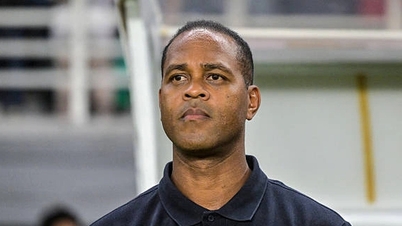





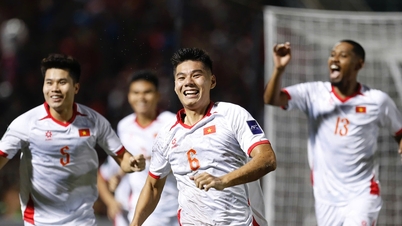






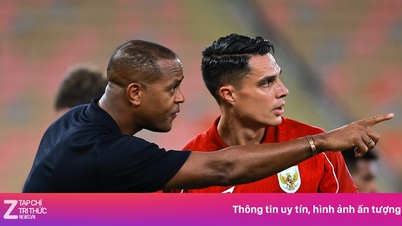
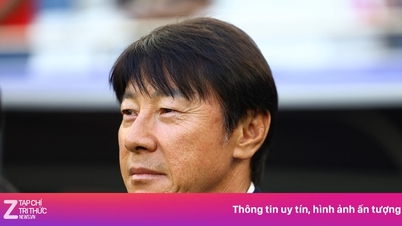
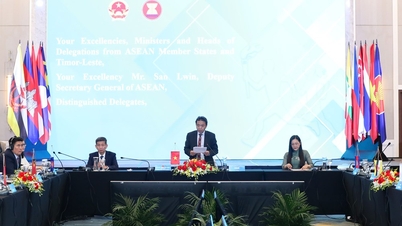

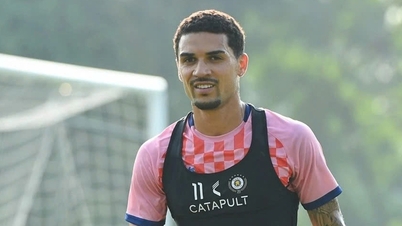
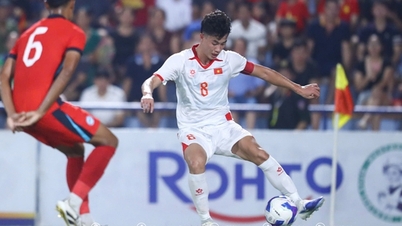





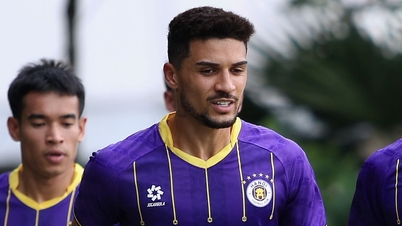

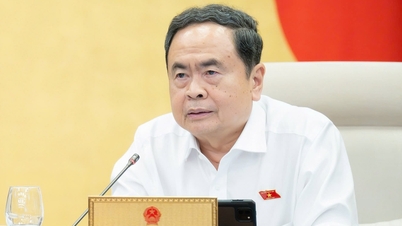









![[Video] TripAdvisor honors many famous attractions of Ninh Binh](https://vphoto.vietnam.vn/thumb/402x226/vietnam/resource/IMAGE/2025/10/16/1760574721908_vinh-danh-ninh-binh-7368-jpg.webp)




























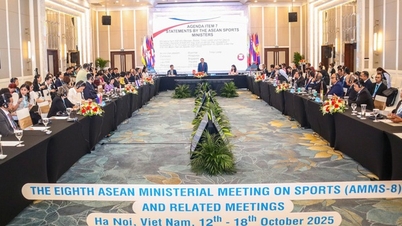




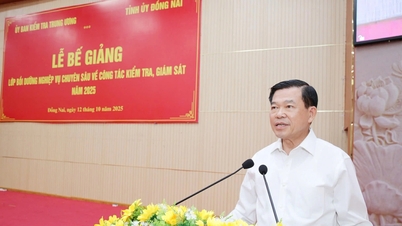

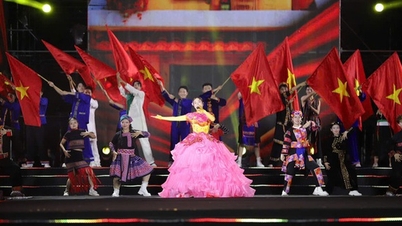
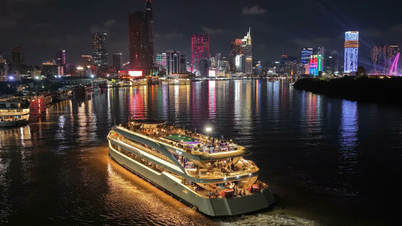
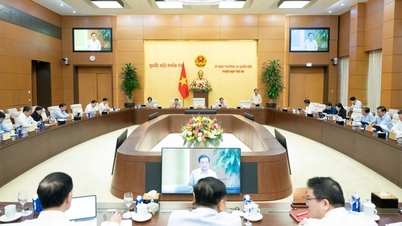
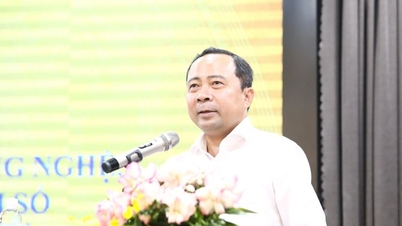






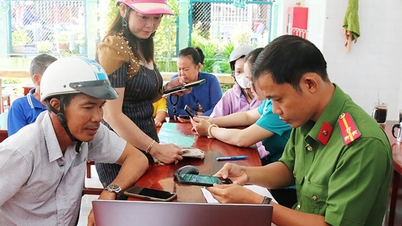
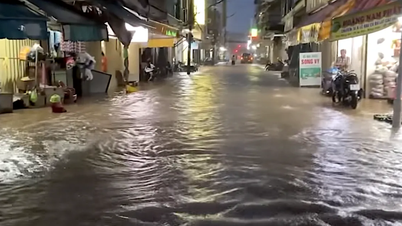
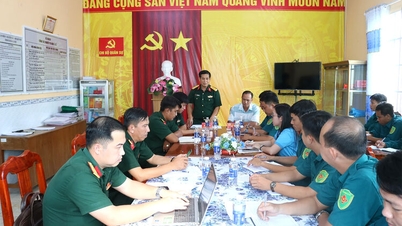














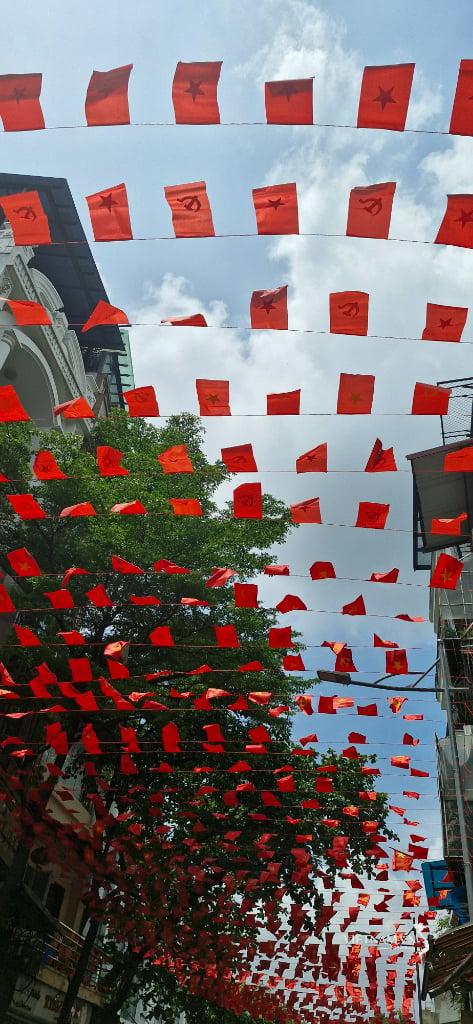

Comment (0)